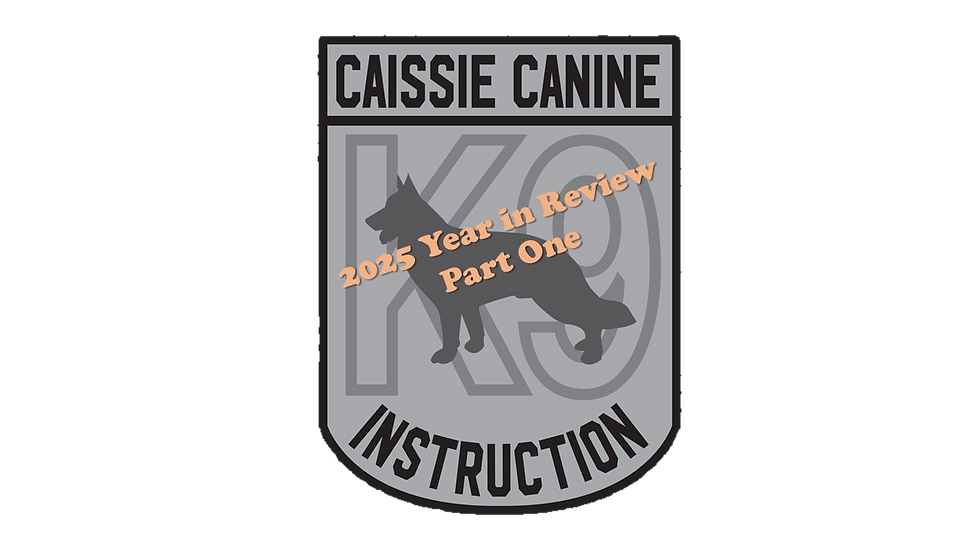CAISSIE CANINE INSTRUCTION: WEIGHING in on your dog’s overall health
- caissiecanineinstr

- Apr 12, 2021
- 3 min read

Welcome to Doggie Dialogue
As requested, we will be providing you with your weekly “giggle” content. Introducing the RUFF TAILS of Indigo,

Hi everyone, my name is Indigo and I sit on mama’s lap, all day every day!
As a German Shepherd, I am fierce and a great protector, duh!
Mama let’s me sit on her lap because I’m super cute, obviously.

To this day, I still sit on my mama’s lap!
Lately she seems to be expressing discomfort,
I can’t imagine why?
Have you seen how cute I am?…
This week’s blog we will be WEIGHING in on your dog’s overall health.
We often get asked, “how much should my dog weigh?” We will address the 3 different dog weight questions most commonly asked?
1. What is considered the “ideal weight” for my dog?
Most vets will use the BCS (body conditioning scoring) as a standard guide to assess your dog’s physical health.
Most vets are comfortable with “weight” as a measure of health. Ideally your dog should have 20% body fat or 80% lean weight. When you know your dog’s weight it will assist you with a more accurate feeding guideline.
Remember all dogs are not built the same. For example, a tea cup chihuahua can weigh 3 lbs., but a mastiff can weigh 175 lbs. Each breed varies in skeletal size, coat density, and muscle mass.
Visually, if your dog has ribs you can feel easily, but not see, this is considered a healthy weight. Even breeds like bulldogs and pugs will have a defined waistline, despite their thick shoulders and chests.

2. Is my dog considered overweight?
Dog management starts with healthy habits. Activity is key to keeping your dog at a healthy weight.
Many pet owners, including my own parents, think their dog needs more food then it really does. Their dog was overfed, the dog bowl was always filled up and left out on the floor, for constant eating. As a result, their dog gained significant weight which unfortunately led to other health issues.
It is harder for your dog to lose weight, as they get older, therefore we recommend preventing weight gain in the first place.
It is important to create healthy habits and behaviors from the very beginning. We recommend no table scraps and limit your dog treats. If your dog is overweight now, cut back slightly on his/her food to start, and create a regular feeding schedule for your dog (and STICK to it!)

When you start your regular feeding ritual leave the bowl of dog food on the floor, and when your dog walks away from their bowl (finished or not) pick up the bowl. This will help reinforce the idea that this is meal time and he/she won’t be finding food until the next meal time.
3. My dog seems to be experiencing weight-loss or a change in appetite.
There are two reasons your dog’s the appetite might change suddenly: Psychology or physiology
Physiological reasons may include a recent move, a change in their environment, the grown kids have moved out, or a new dog moves in.
With these changes some dogs will not eat and other dogs who maybe formerly be docile may start to show food aggression, and show signs of anxiety over household changes.
Psychology reasons can be related to health issues such as diabetes, bacterial overgrowth in the intestines, or even aging. Weight loss in your dog can be due to a poor-quality diet, a hypermetabolic state (body burns calories at a faster rate) due to an underlying illness.
Some dogs may have a mal-digestion disorder which does not allow them to digest or absorb nutrients from their food.
We recommend to call your vet for a diagnosis and consider his/her recommendation and treatment plan to assist in weight gain and on the road to recovery.





Comments